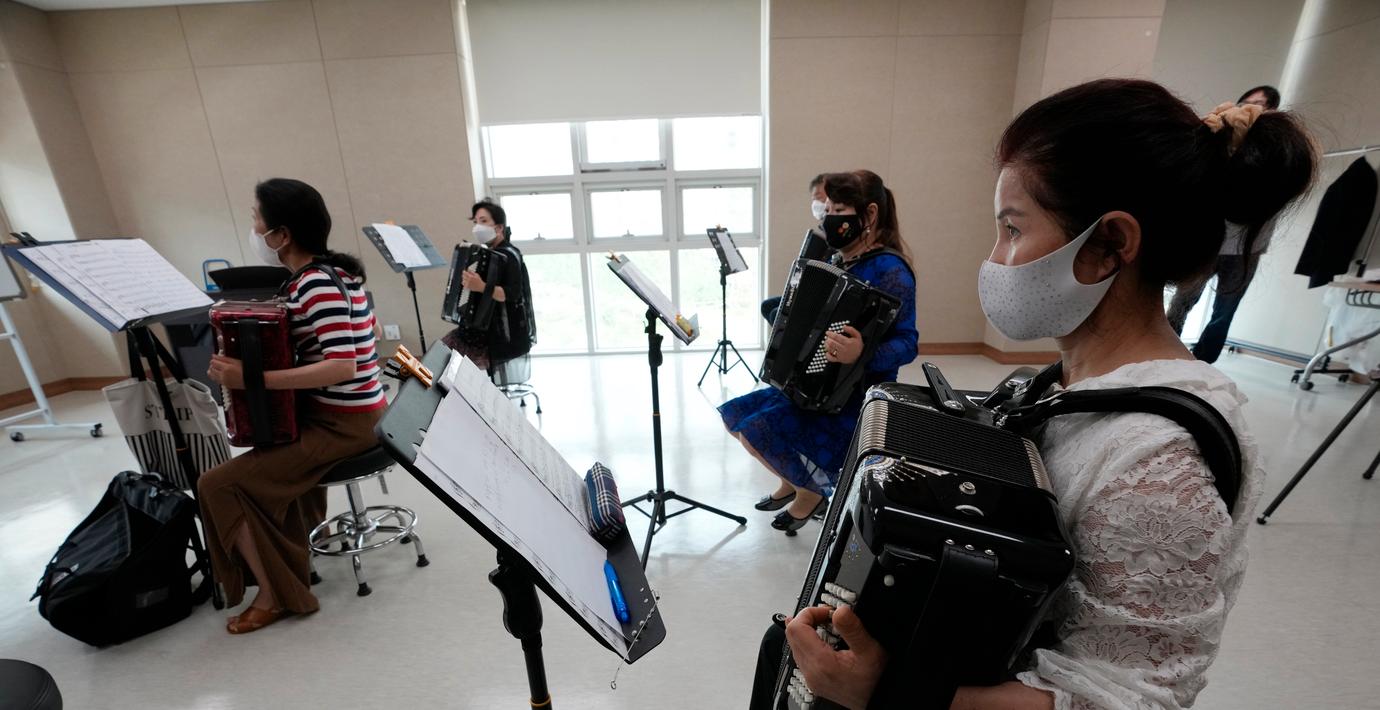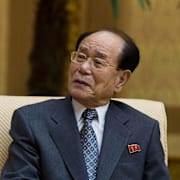
Antalet nordkoreanska avhoppare på uppgång igen
Antalet nordkoreanska avhoppare till Sydkorea tredubblades 2023 jämfört med föregående år, rapporterar The Guardian. 109 personer genomförde den farliga färden eller hoppade av under utlandsvistelse.
Siffran är fortfarande relativt låg jämfört med innan coronaviruset slog till. 2021 lyckades bara 63 personer ta sig till Sydkorea, ett tapp med 90 procent jämfört med 2019 när antalet var 1 047. Minskningen har förklarats med den skärpta gränsbevakningen till följd av pandemin, där vakter ska ha beordrats att skjuta mot personer som misstänktes försöka fly.
Mycket få försöker ta vägen till Sydkorea direkt via den demilitariserade zonen. De flesta tar vägen via Kina för att sedan söka sig ett nytt liv i Sydkorea via ett tredje land.
bakgrund
Avhoppare från Nordkorea
Wikipedia (en)
People defect from North Korea for political, ideological, religious, economic, moral, personal, or nutritional reasons. North Koreans flee to various countries, mostly South Korea. In South Korea, they are referred to by several terms, including "northern refugees" and "new settlers".
Towards the end of the North Korean famine of the 1990s, there was a steep increase in defections, reaching a peak in 1998 and 1999. Since then, some of the main reasons for the falling number of defectors have been strict border patrols and inspections, forced deportations, the costs of defection, and the end of the mass famine that swept the country when Soviet aid ceased with the dissolution of the Soviet Union. The most common strategy of North Korean defectors is to cross the Chinese border into Jilin and Liaoning provinces in northeast China. About 76% to 84% of defectors interviewed in China or South Korea came from the Northeastern provinces bordering China.
The defectors usually flee to a third country due to China being a relatively close ally of North Korea. China, being the most influential of the few economic partners of North Korea while the country has been under U.N. sanctions for decades, is also the largest, and has been a continuous aid source of the country. To avoid worsening the already tense relations with the Korean Peninsula, China refuses to grant North Korean defectors refugee status and considers them illegal economic migrants. If the defectors are caught in China, they are repatriated back to North Korea, where rights groups say they often face harsh interrogations and years of punishment, or even death, in kwalliso prison camps (such as the Pukch'ang camp), or in kyohwaso reeducation camps (such as the Chungsan camp or Chongo-ri camp).
Omni är politiskt obundna och oberoende. Vi strävar efter att ge fler perspektiv på nyheterna. Har du frågor eller synpunkter kring vår rapportering? Kontakta redaktionen



